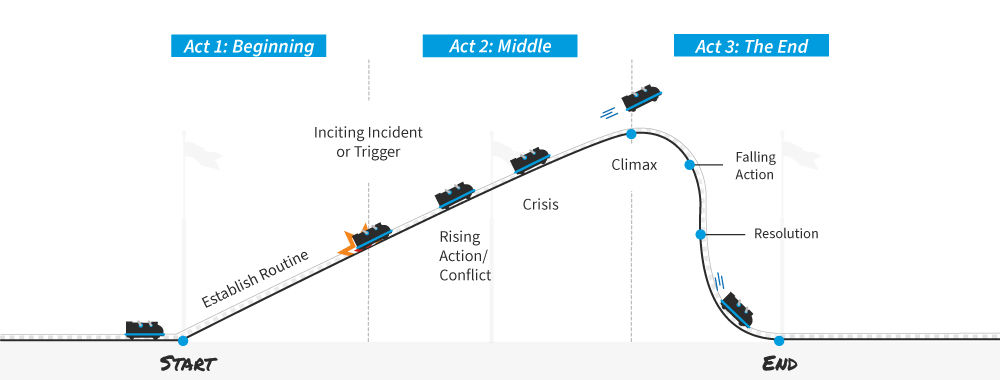There are some fairly obvious things to consider when taking your products to a global audience such as translation and localization but there are also some less obvious but critical factors you need to pay attention to too.
Legal Environments
The world is a complex place and the legal environments of each country you conduct business in need careful consideration. You need to understand what rights a consumer has in that territory –did you know that a British consumer can legally reject a product ordered online within 28 days of receipt and require you to come and collect it at your expense? Did you know that America has much looser data protection requirements than much of Europe?

Author/Copyright holder: smlp.co.uk. Copyright terms and licence: CC BY 2.0
You should always take professional legal advice from a local legal team before opening up a new market. There are big fines, in some cases, when you get these things wrong and your users deserve products that at a minimum preserve their legal rights and in some cases even extend them.
Business Environments
Getting paid is a wonderful thing and it’s why we’re in business in the first place. But to get paid you have to ensure that your payment processing matches local expectations. Launching a site targeting China, for example, which only accepts Visa and Mastercard payments is going to leave you without much in the way of revenue. That’s because Chinese people generally don’t use credit cards and if they do – they use the local UnionPay system much more often than they use the international brands.

Author/Copyright holder: frankieleon. Copyright terms and licence: CC BY 2.0
In some countries people expect Cash on Delivery options, in others they expect to pay in instalments, some don’t have access to credit or debit cards, in others it’s expected that PayPal and cards are the only option, some will want to pay by bank transfer, and so on…
There are even big differences between expectations in countries in the EU where a single homogenous market is supposed to exist. Always investigate the business environment in a country you operate in and tailor your approach to that environment.
Ethical Expectations
Aside from the law, many nations are going to have unique ethical expectations from their suppliers too. Fortunately, these are often similar expectations such as providing HTTPS protection for transactions. However, in other cases they are not. Western consumers tend to like simple, clean, designs that highlight their needs. Indian consumers, on the other hand, tend to prefer a lot more data to reassure them in making a purchase.
Cultural Expectations

Author/Copyright holder: Roland Tanglao. Copyright terms and licence: CC BY 2.0
Chinese people don’t like the number 4. It sounds like the word for death. So prices with nothing but 4’s in them will leave you with a lot of goods unsold in China. You need to know what is expected of you culturally too in order to deliver a user experience that works. It may sound like superstitious claptrap to you but that’s irrelevant if your users think it’s important – it’s important.












